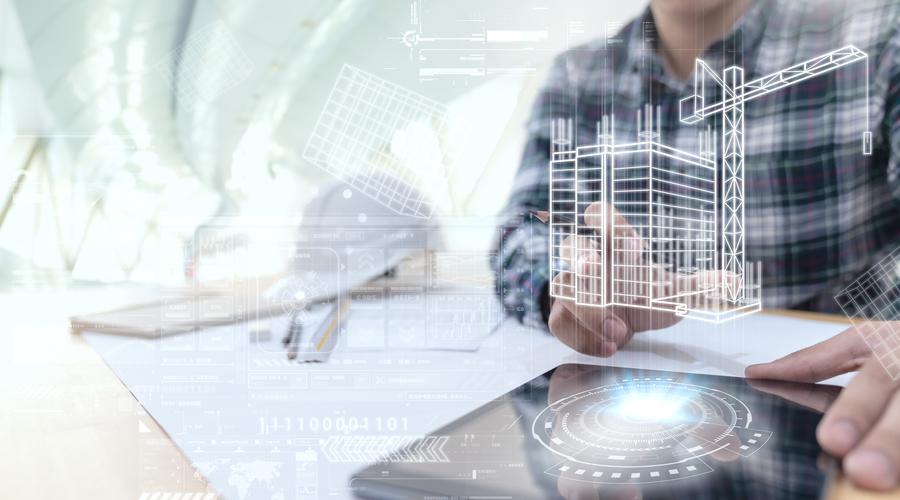
(2 min read)
Hundreds of the UKs operational PFI/PPP projects are set to expire soon – schools, health facilities and more. Our specialists have been speaking to key players at a series of events around the UK to find out what is keeping them awake at night as contracts run out and examine the practical realities of the handback process. In this series of articles, we use the intelligence gathered to shine a light on the key issues that 'Handback' is likely to throw up … and what to do about them. This article looks at the implications of the drive to net zero on assets approaching handback.
At our most recent PFI Handback event, the audience was asked what aspect of handback was most important to them, and the answers were revealing: 17% said the condition of assets; 16% said information & data gathering; 13% said managing liabilities; 4% said relationship management; and 0% picked continuity of services. The remaining 50% said … all of the above!
These results show how complex this area can be, and there is not a one size fits all solution. Some of the main issues raised are covered by these categories, about which you can find out more in our series of articles.
The push for decarbonisation across all sectors continues apace and this is going to be a live issue for bodies preparing to take ownership of assets which will be around a quarter of a century old.
Addleshaw Goddard's Paul Dight and Rachel Gill tackled the subject in our Manchester session and highlighted the importance of engaging with the practicalities of achieving net zero, and how this will be effected in the context of the contractual structure of a project.
Parties need to consider their short, medium and long-term goals, to ensure that any short term actions are not negated by subsequent plans and so resulting in wasted costs or duplication.
Parties will need to understand their contractual rights, to either enforce these or understand their negotiating strength. They will also need to engage with experts to understand what is possible / feasible, including in respect of skilled personnel to maintain installations.
When implementing changes, parties will need to consider the impact on their maintenance and lifecycle obligations and update their contracts accordingly.
Given the timeframes for gathering information required to make decisions, making those decisions, implementing the contractual changes and/or putting in place new contracts, and of course doing the works, it is never too early to start planning holistically.
Parties need to prioritise what needs to be done and take a holistic approach to planning. For example, a measure that leads to a short-term drop in consumption (e.g., changing behaviours to switch off lights, or installing insulation) should be prioritised but shouldn't get in the way of longer term actions. This can also prevent wasted actions such as insulating pipes that are going to be replaced in a later scheme.
Fundamentally, bodies need to identify what they want to achieve and what their targets are, then make a plan which takes into account what's viable and achievable. Within this, renewable resources must be considered as part of wider planning and budget considerations.
It is important to remember that not every form of technology will work for every project, and that some schemes can be 'self-funding' due to their corresponding savings.





